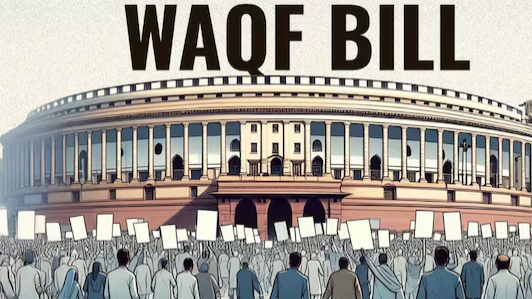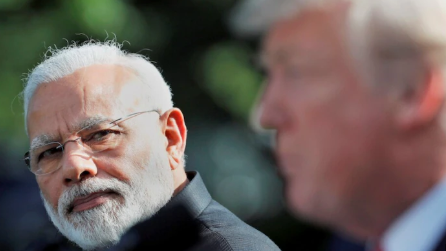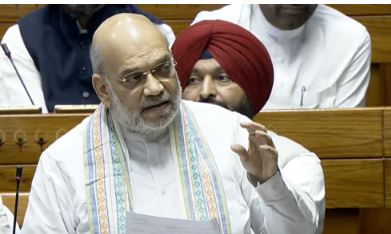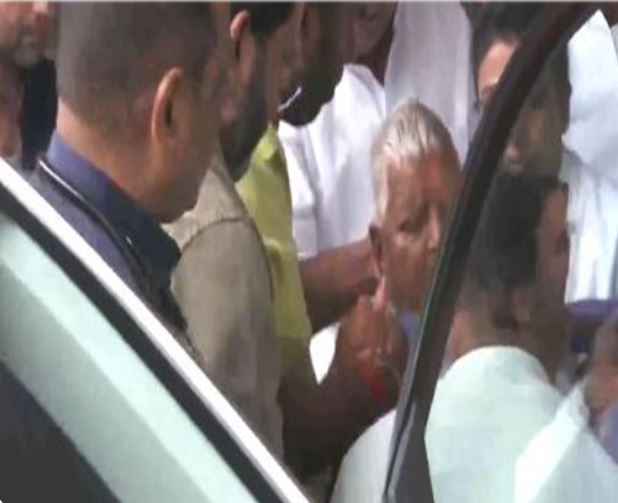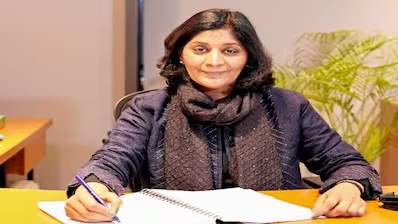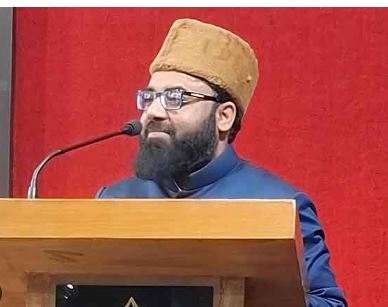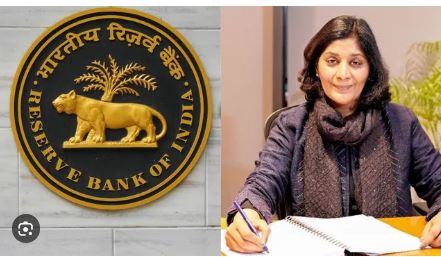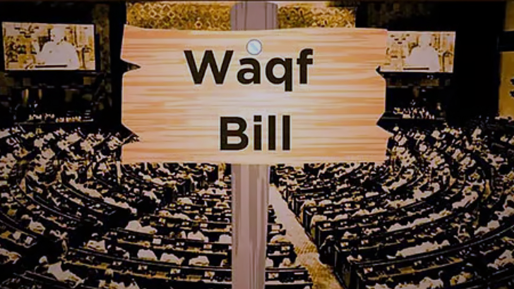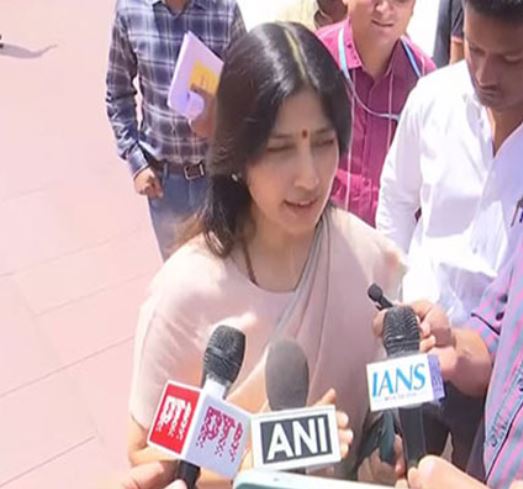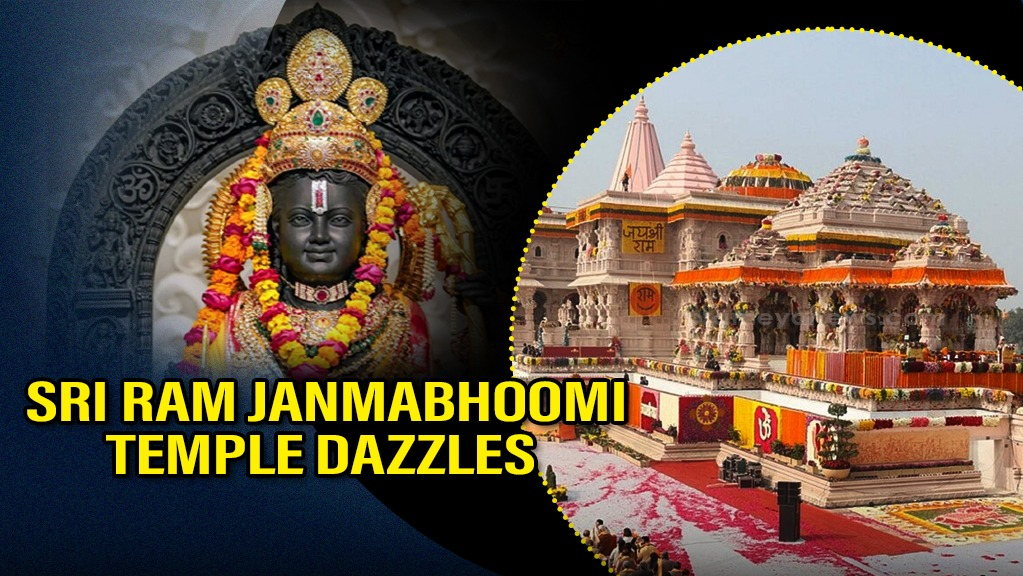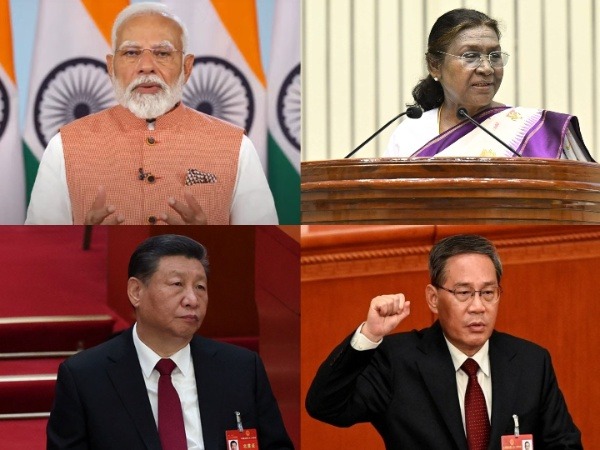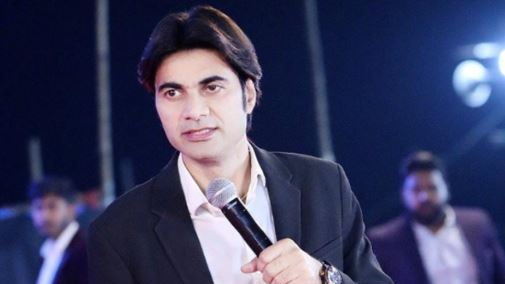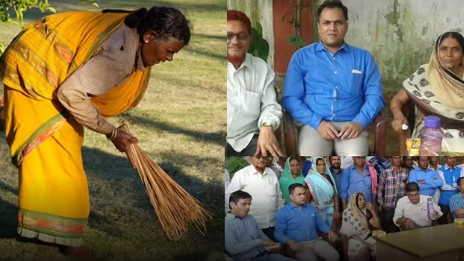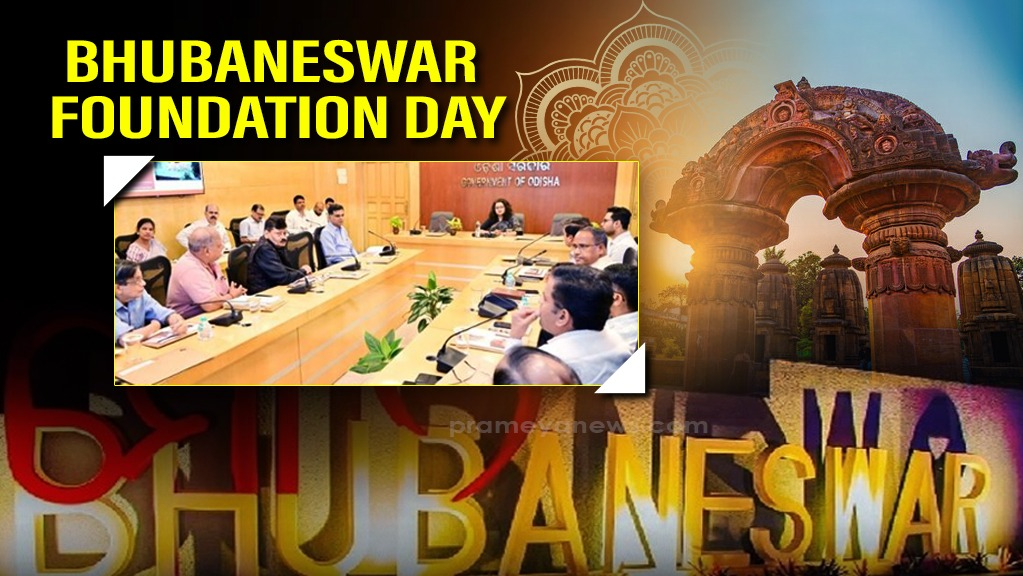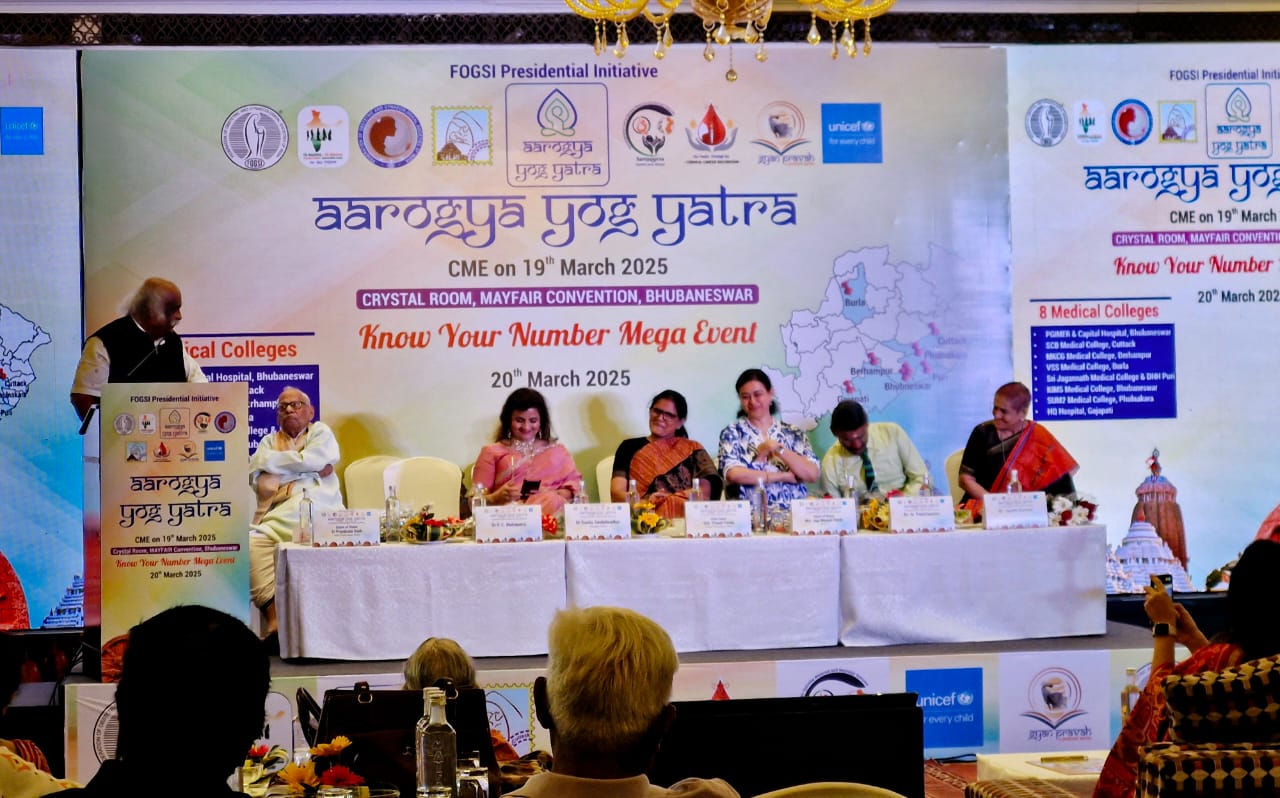New Delhi: The Lok Sabha began its anticipated eight-hour debate on the controversial Waqf (Amendment) Bill today, with Parliament sharply divided along political lines. Union Minister Kiren Rijiju presented the bill at Speaker Om Birla's invitation, immediately drawing objections from opposition members including Congress MP Venugopal Rao.
"I have ensured equal time for amendments from both sides, without any differentiation," Speaker Birla assured the House as deliberations commenced.
The government appears determined to advance the legislation, which is expected to reach the Rajya Sabha on Thursday for another eight hours of deliberation. Key NDA allies—Telugu Desam Party (TDP), Janata Dal (United), Shiv Sena (Eknath Shinde faction), and Lok Janshakti Party (Ram Vilas)—have issued whips directing their MPs to support the government's position.
Meanwhile, the opposition INDIA bloc demonstrated unity during a strategy session at Parliament House on Wednesday, coordinating their collective opposition to the bill, which they characterize as unconstitutional.
Historical Context of Waqf Legislation in India
The current amendment bill represents the most significant proposed change to India's waqf laws since the comprehensive Waqf Act of 1995. The original legislation consolidated various state waqf boards and established a structured framework for managing Muslim religious endowments and charitable properties across the country.
Prior to 1995, waqf administration was governed by the Waqf Act of 1954, which was India's first major post-independence legislation on the matter. The administration of waqf properties has historical roots dating back to medieval India, with formal legal frameworks first introduced during the colonial period through the Mussalman Wakf Act of 1923.
The proposed amendments have sparked debate regarding the balance between government oversight and religious autonomy—a tension that has characterized discussions of waqf administration throughout India's modern history.
As deliberations continue in Parliament, both sides assert they are defending constitutional principles, highlighting the complex intersection of religious rights, property management, and governance that has defined waqf legislation in India for generations.
Note: This is a developing story.







